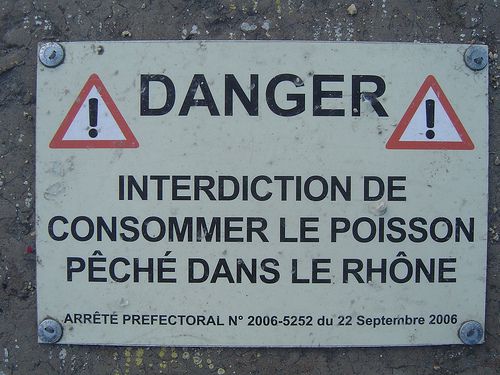-
 Nuclear fission
Nuclear fission
-
 Time
Time
-
 Denaturation
Denaturation
-
 FPGA
FPGA
-
 SNMP
SNMP
-
 Magma
Magma
-
 Small planet
Small planet
-
 Translucent
Translucent
-
 Echolocation
Echolocation
-
 Ecological footprint
Ecological footprint
-
 Onion
Onion
-
 NGN
NGN
-
 GDP
GDP
-
 Endergonic
Endergonic
-
 Constellation of Scorpio
Constellation of Scorpio
-
 Curare
Curare
-
 Turgidity
Turgidity
-
 Probiotic
Probiotic
-
 Diurnal
Diurnal
-
 CryoSat
CryoSat
-
 Circumpolar Arctic
Circumpolar Arctic
-
 Flex fuel
Flex fuel
-
 Solar sail
Solar sail
-
 Eclipse of the Sun
Eclipse of the Sun
-
 Coaxial cable
Coaxial cable
-
 Carbon tax
Carbon tax
-
 Solar panel
Solar panel
-
 Aerophagia
Aerophagia
-
 Iron-deficiency anaemia
Iron-deficiency anaemia
-
 Tetanus
Tetanus
Ecotoxicology
Ecotoxicology is the study of:
- the toxic effects of chemical and physical agents on organisms and communities;
- the methods of transfer of these agents, as well as their interactions with the environment.
Ecotoxicology is therefore the study of the ecological consequences of environmental pollution by toxic substances.
The field of study of ecotoxicology especially focuses on the mechanisms by which pollutants act on the entire biosphere: sources of contamination, circulation between and within ecosystems, effects on the biocoenosis and disturbances of fundamental mechanisms (primary production, recycling of elements, reproduction, etc.).
Thus, ecotoxicology facilitates evaluation of the ecotoxicological risk (toxicity and exposure) for ecosystems, a risk caused by different polluting agents. It therefore becomes possible to implement measures to prevent and monitor these agents.
 Toxic, persistent and bioaccumulable, PCBs have contaminated many aquatic environments. Their ecotoxicological effects are still unclear but the consumption of contaminated fish is known to be dangerous. © David Reverchon CC by-nc-sa 2.0
Toxic, persistent and bioaccumulable, PCBs have contaminated many aquatic environments. Their ecotoxicological effects are still unclear but the consumption of contaminated fish is known to be dangerous. © David Reverchon CC by-nc-sa 2.0
Latest
Fill out my online form.



